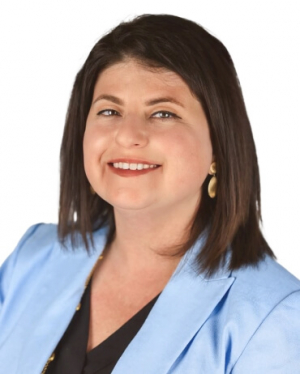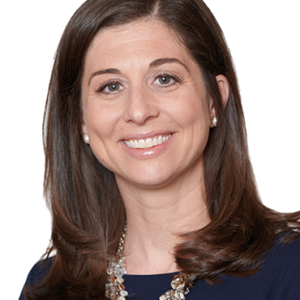For agreed-upon procedures reports dated July 15, 2021, and later, Statement on Standards for Attestation Engagements (SSAE) No. 19 updates how these engagements will be performed, and what language is included within the report. There were four major updates to agreed-upon procedures engagements as a result of SSAE 19. They are highlighted and explained in this article.
1. SSAE 19 Provides Greater Flexibility with Agreed-Upon Procedures Engagements.
In the past, the procedures generally needed to be agreed upon prior to the engagement. Under the new standard, there is now flexibility allowing the practitioner and the client to develop procedures during the engagement, before the issuance of the report.
2. The Intended Users are No Longer Required to Take Responsibility for the Sufficiency of the Procedures.
A second new improvement is that the intended users are no longer required to take responsibility for the sufficiency of the procedures. This will be most prevalent for engagements that are performed for use by government organizations. Oftentimes, government agencies are the intended users and dictate the specific procedures; however, are reluctant to take responsibility for the procedures.
3. The Practitioner May Issue a General-Use Report.
A third improvement is that the practitioner may issue a general-use report. A general-use report does not contain any type of restriction of the report for the intended users of the report; however, the standard does allow for the report to be restricted if needed.
4. The Removal of the Requirement that the Practitioner Requests an Assertion from the Responsible Party.
The last major update is the removal of the requirement that the practitioner requests an assertion from the responsible party. An assertion is a statement that the subject of the agreed-upon procedures report was in compliance with certain criteria. SSAE 19 removed this requirement because the responsible party may not have the ability or willingness to perform its own evaluation of the subject matter.
If you have questions about these changes, don’t hesitate to contact our trusted advisors at The Bonadio Group to learn more.
This material has been prepared for general, informational purposes only and is not intended to provide, and should not be relied on for, tax, legal or accounting advice. Should you require any such advice, please contact us directly. The information contained herein does not create, and your review or use of the information does not constitute, an accountant-client relationship.




